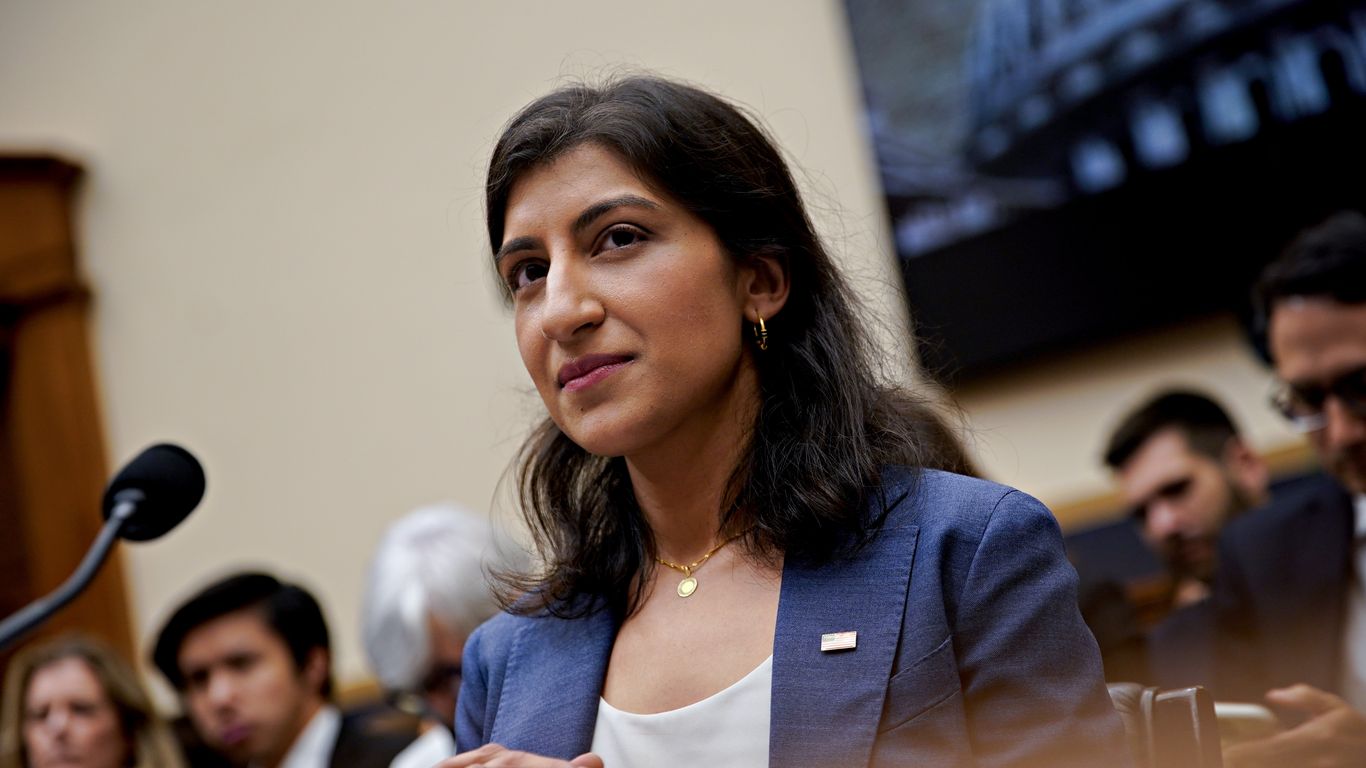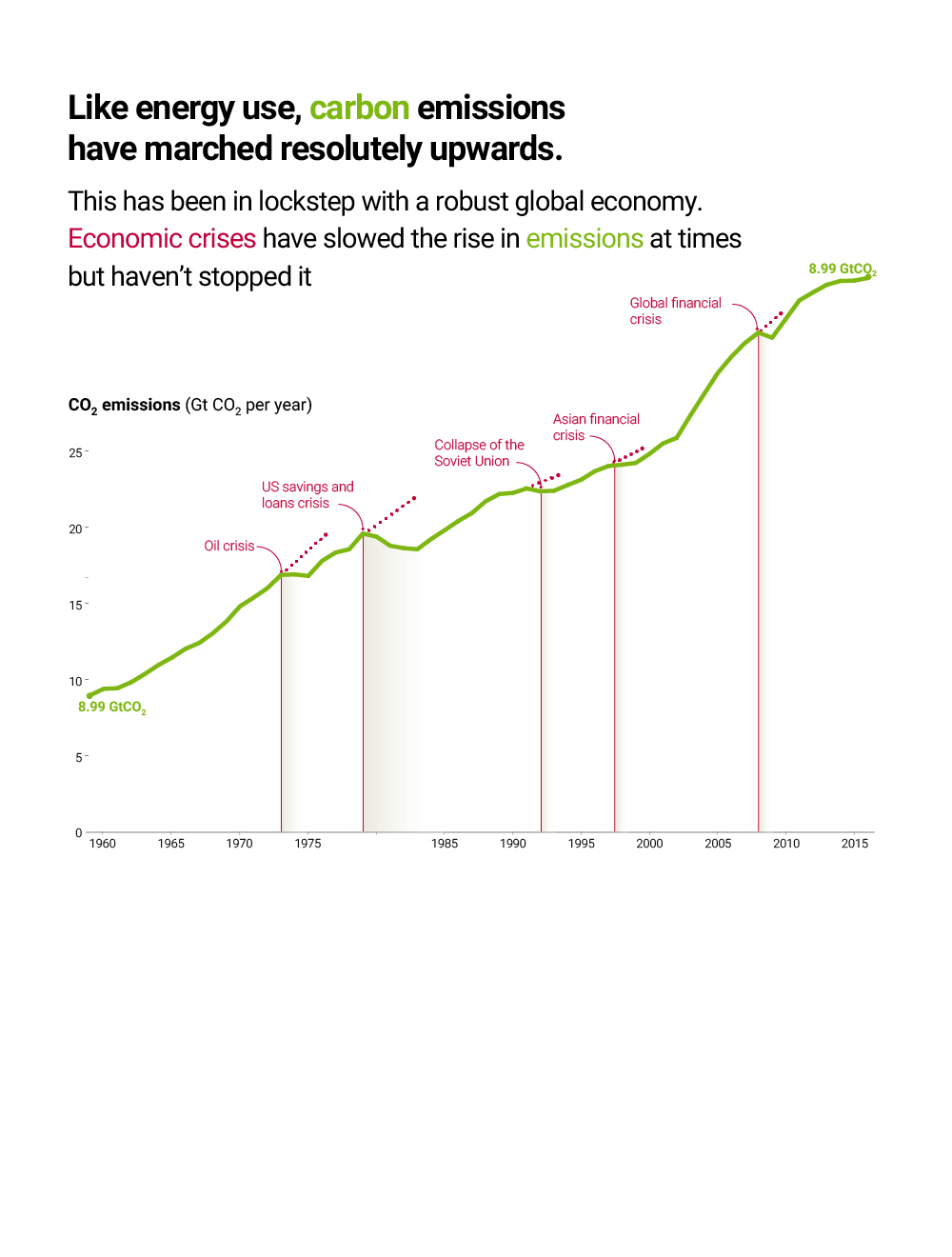FTC Probe Into OpenAI: Implications For The Future Of AI

Table of Contents
The Nature of the FTC's Investigation into OpenAI
The Federal Trade Commission (FTC) investigation into OpenAI centers on several key areas of concern regarding the company's practices. The FTC is scrutinizing OpenAI's operations to determine whether it has engaged in unfair or deceptive trade practices, focusing on potential violations of existing consumer protection laws. These potential violations include:
- Unfair or deceptive trade practices related to data privacy: This involves examining OpenAI's data collection and usage practices, ensuring compliance with data privacy regulations like GDPR and CCPA. Questions arise regarding the transparency and consent mechanisms involved in the collection and use of personal data for training AI models.
- Misleading claims about AI capabilities and safety: The FTC is investigating whether OpenAI has made exaggerated claims about the accuracy, reliability, and safety of its AI models, potentially misleading consumers and businesses. This includes analyzing marketing materials and public statements about the capabilities and limitations of OpenAI's technology.
- Potential biases embedded within OpenAI's models and their societal impact: AI models are trained on vast datasets that may reflect existing societal biases. The FTC's probe is likely investigating whether OpenAI has adequately addressed biases in its models and their potential for discriminatory outcomes. This includes examining the fairness and equity implications of the models deployed by OpenAI.
- Lack of transparency regarding data collection and model training: The investigation is examining the transparency of OpenAI's data collection and model training processes. Concerns include insufficient disclosure to users about how their data is being used and a lack of clarity about the algorithms and processes behind AI model development.
The FTC is operating under various legal frameworks, including the FTC Act, which prohibits unfair or deceptive acts or practices in commerce. The potential penalties OpenAI might face range from significant fines to mandatory changes in its business practices, potentially including stricter data privacy protocols and increased transparency.
Impact on AI Development and Innovation
The FTC's investigation into OpenAI has the potential to significantly impact AI development and innovation. The increased regulatory scrutiny could create a "chilling effect," slowing down the pace of AI advancements as companies become more cautious about potential legal risks. This emphasizes the crucial need for responsible AI development and the establishment of clear ethical guidelines.
Potential consequences include:
- Slowdown in the pace of AI advancements: Increased regulatory hurdles and the cost of compliance could lead to slower progress in AI research and development.
- Increased costs associated with compliance and risk mitigation: Companies will need to invest heavily in legal compliance, data security, and ethical review processes.
- Shift in focus from purely performance-driven AI to ethically-conscious AI development: The focus will likely shift towards developing AI systems that are not only powerful but also fair, transparent, and accountable.
However, the investigation also presents potential benefits. Increased regulatory oversight could lead to increased public trust and confidence in AI, ultimately promoting responsible innovation and broader adoption of beneficial AI technologies.
Implications for Data Privacy and Security
The OpenAI investigation has significant implications for data privacy and security regulations. The scrutiny will likely bolster the importance of existing regulations like GDPR and CCPA, and accelerate the development of stronger data protection measures across the industry. Data security in the context of AI model training is paramount. Key privacy concerns include:
- Data breaches and unauthorized access: The vast amounts of data used to train AI models are attractive targets for cyberattacks.
- Use of personal data without informed consent: Concerns exist regarding the use of personal data without explicit consent from individuals.
- Potential for misuse of sensitive information: The misuse of sensitive data collected for AI model training poses significant ethical and legal risks.
The investigation may result in the development of enhanced data protection measures, including more robust data encryption, anonymization techniques, and stricter access controls.
The Future of AI Regulation in Light of the OpenAI Probe
The FTC's probe into OpenAI is likely to accelerate the discussion and implementation of broader regulatory frameworks for AI development and deployment. Government agencies will play a more significant role in overseeing AI technologies, balancing the need for innovation with consumer protection and societal well-being. Regulatory options include:
- Industry self-regulation with oversight: Industry bodies could develop ethical guidelines and best practices, overseen by government agencies.
- Government-led standard-setting and certification: Governments could establish standards for AI systems, requiring certification before deployment.
- International collaboration on AI ethics and governance: Global cooperation is crucial to establish consistent standards and address the cross-border implications of AI.
Striking a balance between fostering innovation and implementing effective regulation is critical. Overly stringent regulations could stifle innovation, while insufficient regulation could lead to harmful consequences.
Conclusion: The FTC Probe into OpenAI and the Path Forward
The FTC Probe into OpenAI represents a significant turning point in the regulation of artificial intelligence. The investigation highlights the crucial need for responsible AI development, prioritizing data privacy, security, and ethical considerations. The potential implications for AI development, data privacy, and AI regulation are far-reaching. The outcome of this investigation will likely shape future AI regulations globally. Stay informed about developments in the OpenAI investigations and advocate for responsible AI development and regulation by following reputable news sources and organizations dedicated to AI ethics, such as the AI Now Institute and the Partnership on AI. Understanding the implications of AI regulation and the ongoing FTC and AI dialogue is critical for shaping a future where AI benefits all of humanity.

Featured Posts
-
 Tuerkiye De Kripto Para Yatirimlari Bakan Simsek In Goeruesleri Ve Piyasa Analizi
May 08, 2025
Tuerkiye De Kripto Para Yatirimlari Bakan Simsek In Goeruesleri Ve Piyasa Analizi
May 08, 2025 -
 Py Ays Ayl Trafy Lahwr Myn Astqbal Awr Jshn
May 08, 2025
Py Ays Ayl Trafy Lahwr Myn Astqbal Awr Jshn
May 08, 2025 -
 Is The Dwp Owed You Money Claim Your Universal Credit Refund
May 08, 2025
Is The Dwp Owed You Money Claim Your Universal Credit Refund
May 08, 2025 -
 The Great Decoupling Implications For Global Economics
May 08, 2025
The Great Decoupling Implications For Global Economics
May 08, 2025 -
 Simsek In Kripto Varliklar Hakkindaki Aciklamalari Ve Sektoeruen Gelecegi
May 08, 2025
Simsek In Kripto Varliklar Hakkindaki Aciklamalari Ve Sektoeruen Gelecegi
May 08, 2025
